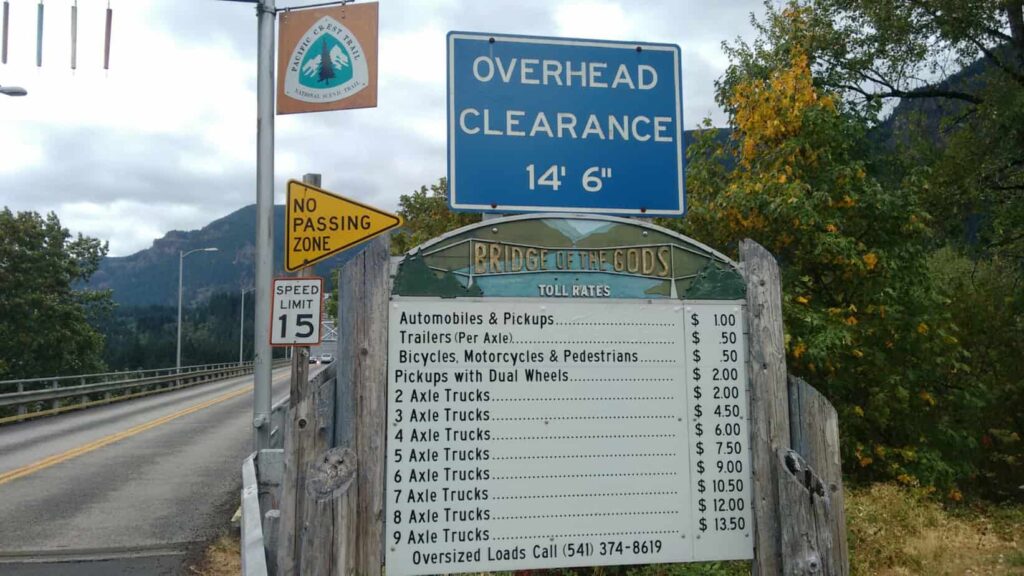BEST challenges proposal to require countywide votes on new transportation funding sources
BEST joined a challenge to the legal sufficiency of a proposed statewide ballot measure that would require votes of certain counties on new transportation funding sources.

In 2017, the Oregon Legislature passed House Bill 2017, known as “Keep Oregon Moving.” This bill directed the Oregon Transportation Commission (OTC) to pursue and implement tolls on I-5 and I-205 in the Portland metropolitan area to help manage traffic congestion.
Initiative Petition 41 would require approval by a majority of voters in counties “nearby” a “highway” before a “toll” on the use of a “vehicle,” adopted on or after January 1, 2018, could go into effect.
Although the general idea of voter approval might have some appeal, especially in a state that currently has few tolls on state highways and bridges, the proposal suffers from numerous legal and practical flaws.
In comments to the Oregon Secretary of State (see below), BEST joined The Street Trust, the Oregon Environmental Council, and some individuals in highlighting some of these flaws.
First, the language of the proposal is so broad as to stretch the meaning of key terms far beyond what is generally understood, creating confusion with how this new provision and other existing provisions are to be applied, and risking many lawsuits to clear up matters.
A “highway” is not only a state-owned highway but any public way, including local streets and bridges, bike paths, and even sidewalks.
A “vehicle” is not just a motor vehicle but any sort of device propelled by any means, including wheelchairs, bicycles, and skateboards.
A “toll” is any fee for the use of a public way, and thus could include all sorts of transportation-related charges not necessarily collected at a tollbooth, for example, parking fees or a studded tire fee.
And a “nearby” county is one with a border within 15 miles of any portion of the segment of the public way in question.
Hypothetically, voters in Linn County north of Lane County could be asked to vote on whether Lane County could increase fees to park in a county park or whether the City of Eugene could assess a charge on bicycles using the riverbank path.
Second, as the hypothetical examples indicate, the proposal would undermine provisions for home rule. It would be possible that Lane County or the City of Eugene might need to seek approval from Linn County voters for matters otherwise solely under their jurisdiction.
Third, the proposal violates the separate-vote requirement that voters be presented with separate proposals for unrelated amendments to different sections of the state constitution. Although the direct effect of the proposal is to add a new section to the constitution related to “tolling,” its broad language would modify the effect of multiple other sections of the constitution, including ones related to gas taxes, home rule, and contracts.
For all these reasons, the Secretary of State should not allow the initiative petition to be circulated for signatures to place it on the November 2022 ballot.
Finally, if the Secretary of State does allow the initiative petition to be circulated, the draft ballot title prepared by the Attorney General should be substantially revised to clearly and fully summarize the proposal.
Other organizations and individuals, including the Oregon Trucking Association, submitted similar comments about flaws in the draft ballot title.
BEST is now waiting to hear how the Secretary of State rules on the legal sufficiency of the initiative petition and the draft ballot title.
Learn more about IP 41 from the Oregon Secretary of State.
UPDATE 3/18/22: BEST joined a petition to the Oregon Supreme Court appealing the decision on the ballot title. See below.